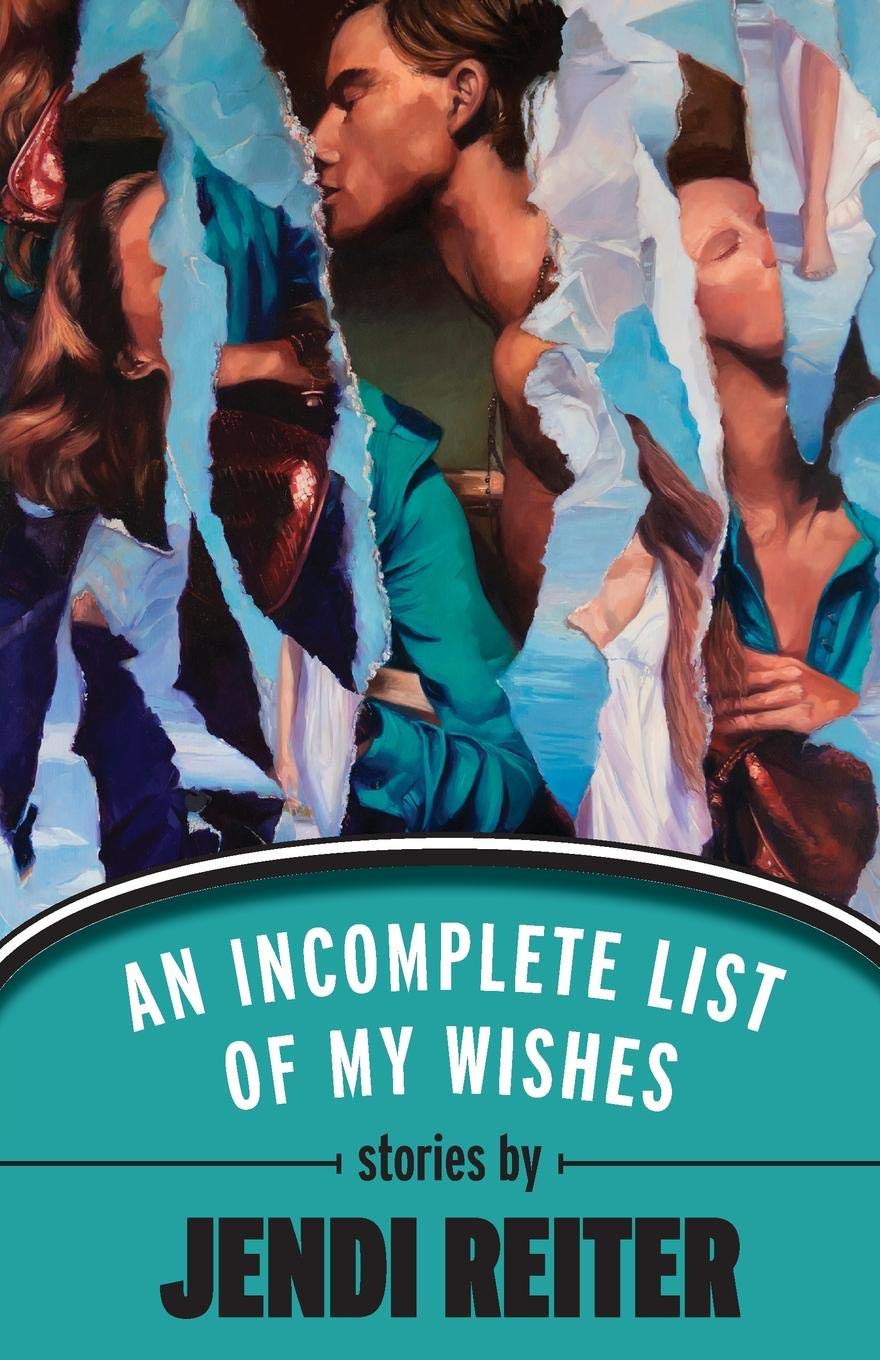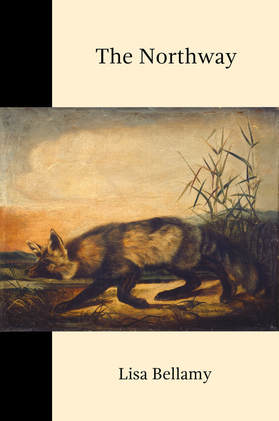 The life of the town centres around the pub, and the way in which the death provides a source for gossip, intrigue and transformation, but also in some respect brings the town together to support one another is charming. Cedar Valley is immensely readable and progresses in ways that are unpredictable but also smooth and natural.
The life of the town centres around the pub, and the way in which the death provides a source for gossip, intrigue and transformation, but also in some respect brings the town together to support one another is charming. Cedar Valley is immensely readable and progresses in ways that are unpredictable but also smooth and natural.
A review of Atlas of Men by David Sklar
 Inspired by these true events and the impact on his life, author David Sklar—an emergency physician, researcher, and professor—writes from the heart and the mind with a broad scope as he tells his story. The author states that he too was subjected to the nude photography and somatotyping as part of a so-called research project while a student at an elite New Hampshire prep school.
Inspired by these true events and the impact on his life, author David Sklar—an emergency physician, researcher, and professor—writes from the heart and the mind with a broad scope as he tells his story. The author states that he too was subjected to the nude photography and somatotyping as part of a so-called research project while a student at an elite New Hampshire prep school.
A review of An Incomplete List of my Wishes by Jendi Reiter
 The eleven stories in Jendi Reiter’s collection, An Incomplete List of my Wishes are innovative in both form and content. Reiter depicts fraught human relationships with insight and hope, showing many survivors of violence going on with their lives.
The eleven stories in Jendi Reiter’s collection, An Incomplete List of my Wishes are innovative in both form and content. Reiter depicts fraught human relationships with insight and hope, showing many survivors of violence going on with their lives.
A review of Naming the Silence by Michael David Blanchard
 Blanchard consistently displays an ease with poems in both short and long form and reveals a practiced command of nuanced phrasing, versification, and evocative imagery. While the works might be somewhat more formal in style than those of many of his contemporaries, there is no dominant or predetermined verse form here.
Blanchard consistently displays an ease with poems in both short and long form and reveals a practiced command of nuanced phrasing, versification, and evocative imagery. While the works might be somewhat more formal in style than those of many of his contemporaries, there is no dominant or predetermined verse form here.
A review of The Northway by Lisa Bellamy
 With its keen eye and impeccable phrasing, Lisa Bellamy’s The Northway gives us good-natured laughter, the kind of feeling you get from a Masterpiece Theater series…and it is ever so much more respectable and rewarding than a binge-watch.
With its keen eye and impeccable phrasing, Lisa Bellamy’s The Northway gives us good-natured laughter, the kind of feeling you get from a Masterpiece Theater series…and it is ever so much more respectable and rewarding than a binge-watch.
A review of Crowd of One by Filip Severin
 There is a great deal of talk about ‘the big picture’ in Crowd of One, a metaphor frequently used to make the ends justify the means and enable a megalomaniac’s vision to outweigh a world of suffering.
There is a great deal of talk about ‘the big picture’ in Crowd of One, a metaphor frequently used to make the ends justify the means and enable a megalomaniac’s vision to outweigh a world of suffering.
An interview with Melissa Chan
 Melissa Chan is a lifelong reader and the designer of Literary Book Gifts which features book related products like t-shirts and totes ranging from Herman Melville’s Moby Dick to Charlotte Bronte’s Jane Eyre. She drops by to talk about her venture, her favourite books, her love of the classics, and more.
Melissa Chan is a lifelong reader and the designer of Literary Book Gifts which features book related products like t-shirts and totes ranging from Herman Melville’s Moby Dick to Charlotte Bronte’s Jane Eyre. She drops by to talk about her venture, her favourite books, her love of the classics, and more.
A review of Apocalypse Chow by David Julian Wightman
 It is entertaining for anyone familiar with the works it lovingly skewers (note the culinary metaphor) and it is strangely compelling even if, like me, you haven’t read Conrad for a long time. It is quietly witty and also serious. It manages to borrow something of the gravitas of Conrad’s novel and – like all good parody – it makes you want to return to the original for a fresh look.
It is entertaining for anyone familiar with the works it lovingly skewers (note the culinary metaphor) and it is strangely compelling even if, like me, you haven’t read Conrad for a long time. It is quietly witty and also serious. It manages to borrow something of the gravitas of Conrad’s novel and – like all good parody – it makes you want to return to the original for a fresh look.
A review of and my heart crumples like a coke can by Ali Whitelock
 The poetry manages to be both pithy and almost hysterically funny, not an easy mix to achieve, but that is how life works: the paradox of what we carry and what we experience in each moment. Whitlock captures this duality perfectly, taking a stand-up comedian’s incision to pretension and human foibles.
The poetry manages to be both pithy and almost hysterically funny, not an easy mix to achieve, but that is how life works: the paradox of what we carry and what we experience in each moment. Whitlock captures this duality perfectly, taking a stand-up comedian’s incision to pretension and human foibles.
Interview with Ber Carroll
 An Irish native, Ber moved to Sydney in 1995 and spent much of her early career working within the financial sector. Since then, she has pursued writing full-time and has thus far penned eight novels, that include Once Lost, Worlds Apartand Less Than Perfect. The Missing Pieces of Sophie McCarthymarks the first work to be published under the name B. M. Carroll. She drops by to talk about her latest book and lots more.
An Irish native, Ber moved to Sydney in 1995 and spent much of her early career working within the financial sector. Since then, she has pursued writing full-time and has thus far penned eight novels, that include Once Lost, Worlds Apartand Less Than Perfect. The Missing Pieces of Sophie McCarthymarks the first work to be published under the name B. M. Carroll. She drops by to talk about her latest book and lots more.